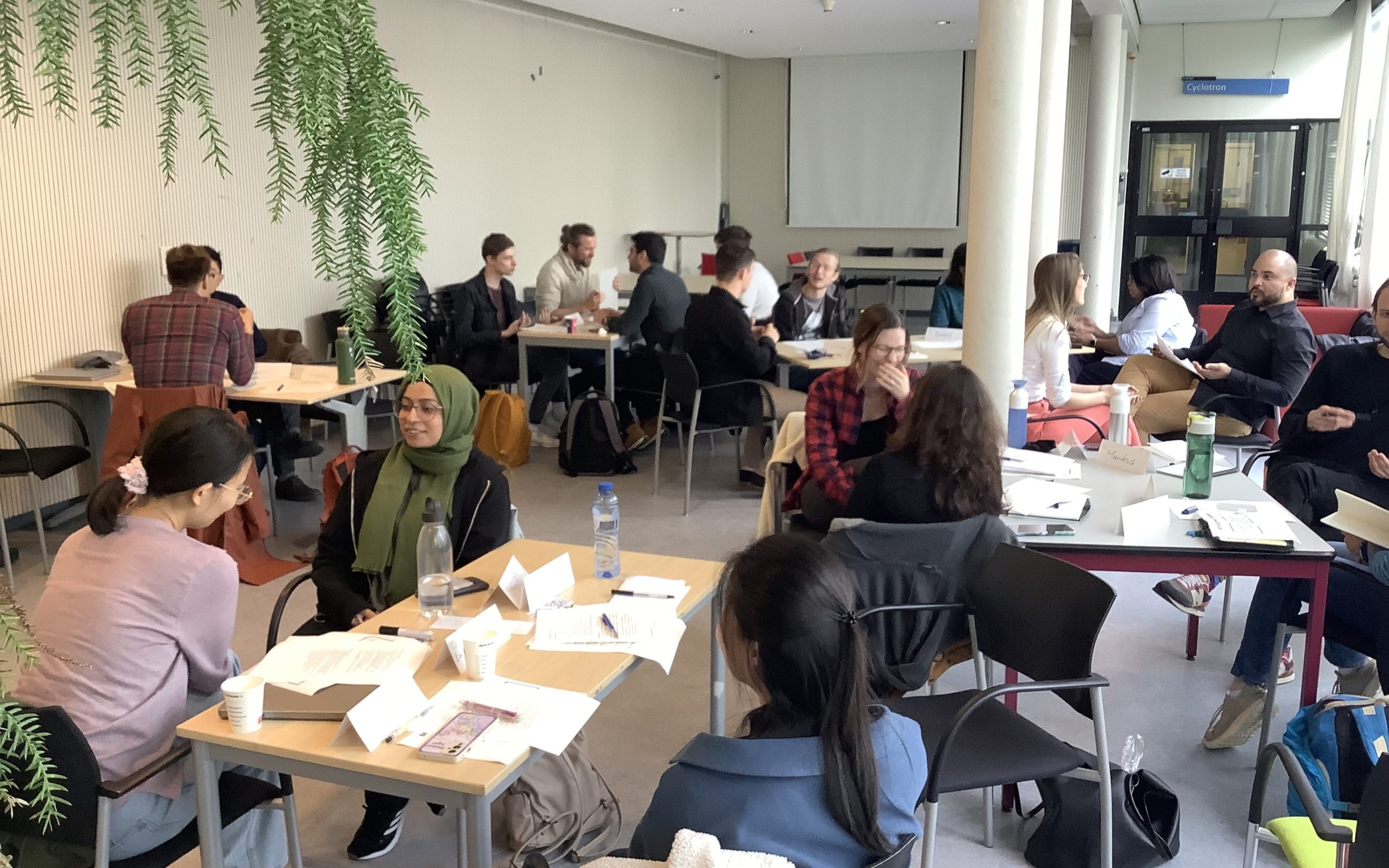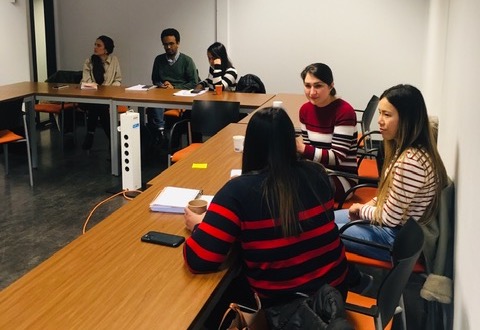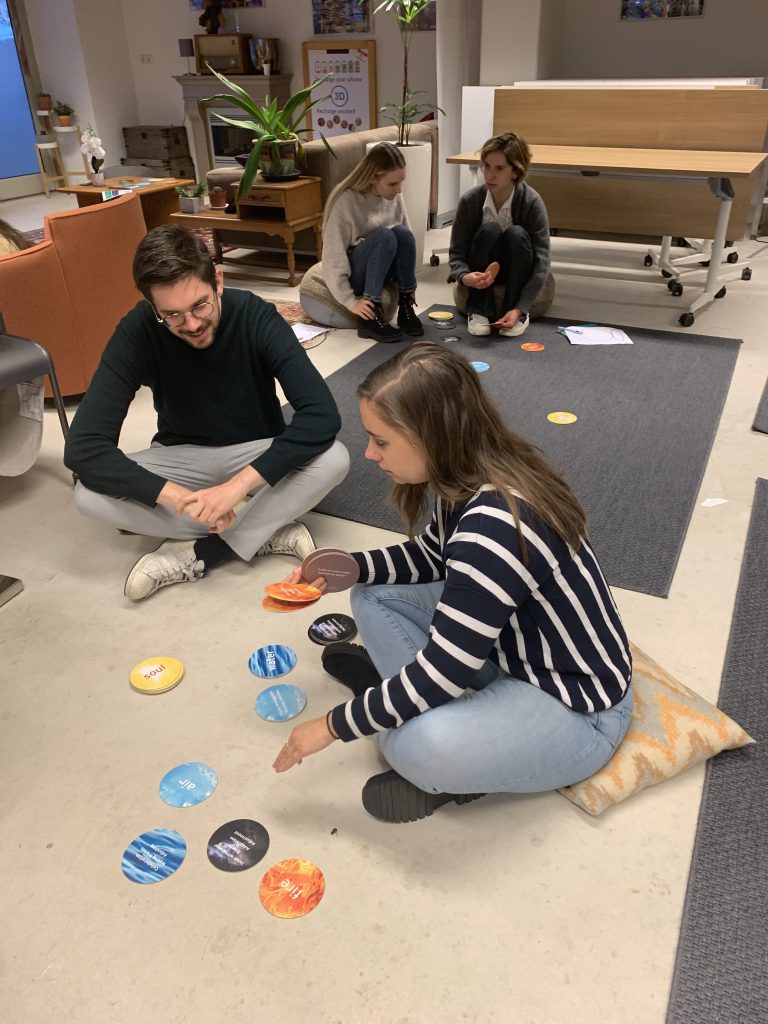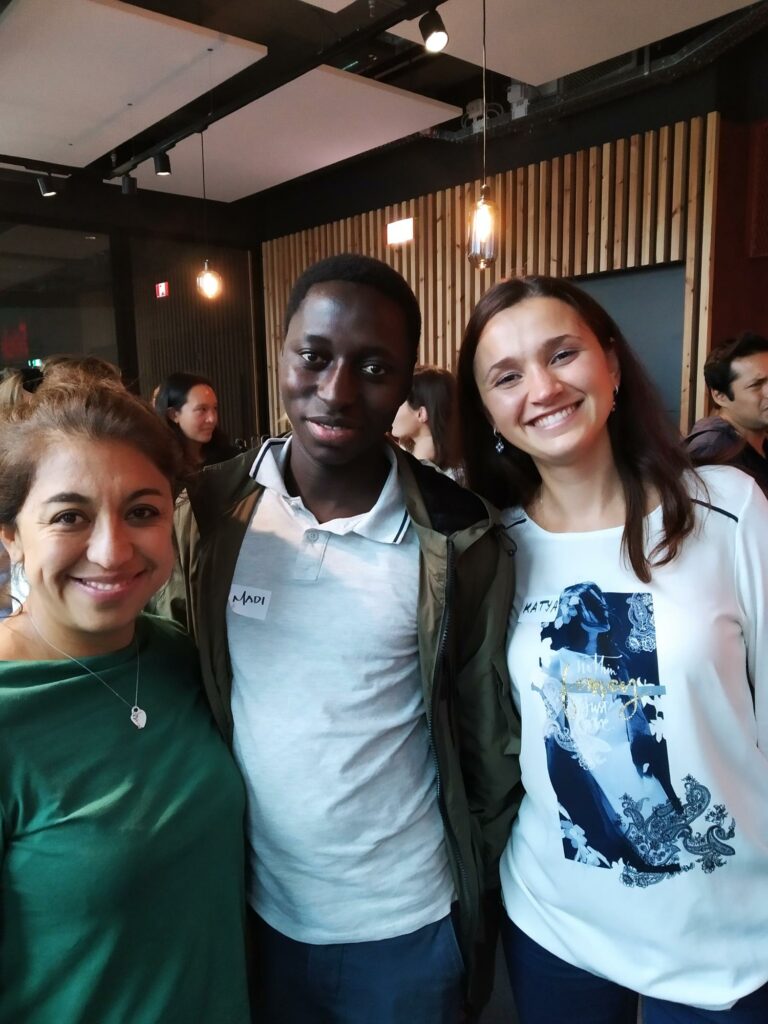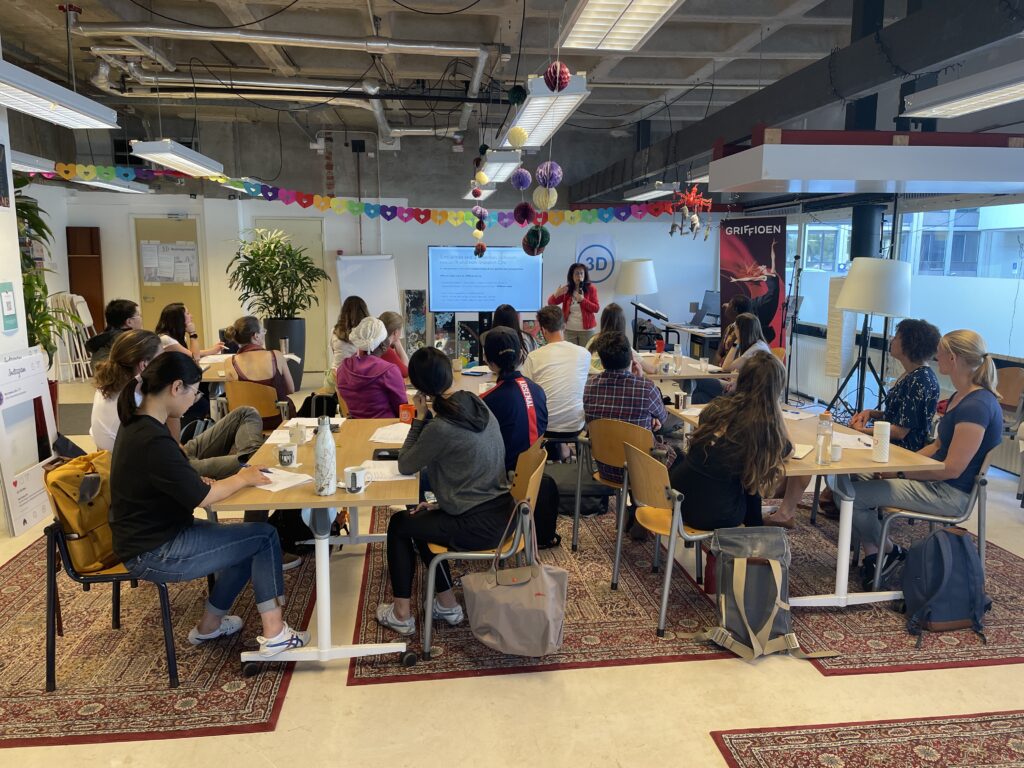Researchers, especially those at junior level, are often encouraged to step out of their comfort zone and collaborate with others from different disciplinaries. Being capable of connecting and cooperating with others in an inter- and trans-disciplinary environment therefore becomes an X factor for their academic career development.
Addressing that topic, Forum for Young Scientists organized a Science Communication workshop in which Geertje Tijsma, Marijke Visser and Tessa Roedema – or the so-called the “dwarsleggers” – offered young researchers tips and tricks for interdisciplinary research. During the four-hour interactive workshop, the three inspiring “connectors” helped participants explore one’s thought patterns and feelings, as well as develop valuable tools tor turn conflicts into constructive collaboration based on mutual understanding and respect.
The workshop was well-received by the participants who came from different schools/faculties of Vrije Universiteit Amsterdam.

“The setting was cozy, the trainers were super friendly and nice and helpful, and just everything really!”
Anonymous participant
“Though interdisciplinarity is challenging, it is also full of unique opportunities. And it’s possible changing our own behaviour, both to alleviate the challenges we face and to improve communication.”
Anonymous participant









